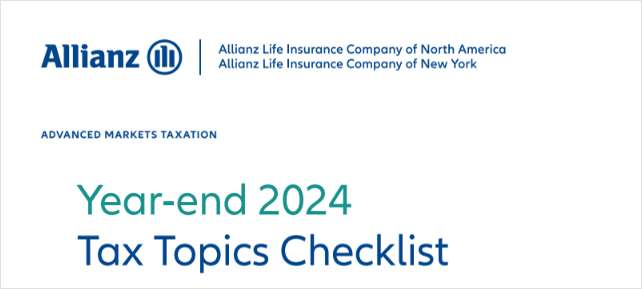Personal health records may be a product that boomer advisors should keep their eye on, experts say.
Today, boomer advisors could offer links to PHR systems on their own sites, write about the systems in client newsletters, or possibly post ads on PHR Web sites run by outside firms.
In the future, PHR systems and the applications linked to the systems could be a part of the insurance sales process.
A broker could, for example, set up a "high risk medical networking site" designed specifically for boomers with conditions such as diabetes who want health insurance, disability insurance or other protection products. The boomers could post anonymous, condensed versions of their medical records on the high risk medical networking site, and insurers could sift through the records to find individuals they were willing to insure.
Other insurers could use applications linked to PHR systems to sell discounted health or disability insurance to boomers who were willing to submit weekly weight and blood pressure readings through the Web.
Or PHR systems could continue to be something of an oddity.
The Bush administration has been an active supporter of PHR technology, and the Centers for Medicare and Medicaid Services will start a PHR pilot program for Medicare beneficiaries in January 2009. Both Sen. John McCain, R-Ariz., and Sen. Barack Obama, D-Ill., favor increased use of electronic health records by doctors and hospitals, and more use of PHRs by patients.
The Certification Commission for Healthcare Information Technology, Chicago, a body that accredits electronic health record systems for the U.S. Department of Health and Human Services, says health IT systems seeking accreditation this year must be able to export an electronic patient health summary.
Despite all of the support for PHR technology, researchers who in May conducted a survey of 1,580 U.S. adults commissioned by the Markle Foundation, Washington, found that only 3% of the survey participants now have PHRs.
About 46% of the participants said they would like a PHR, but the rest said they are not interested, and 57% of those who said they are not interested in PHRs cited worries about privacy as their top reason.
About 17% of the U.S. adults participating in an earlier survey, conducted in 2005 by Health Industry Insights, Framingham, Mass., said they had at least tried using PHR systems, and 27% of these reported that they had done so because they or relatives had experienced health care events that showed them the importance of having medical records available.
This year, companies are making major efforts to expand use of PHR technology.
Microsoft Corp., Redmond, Wash., has introduced a test version of the HealthVault system, a free, Web-based health record storage and sharing system.
Google Inc., Mountain View, Calif., followed in May by introducing a test version of its own Google Health record and sharing system.



